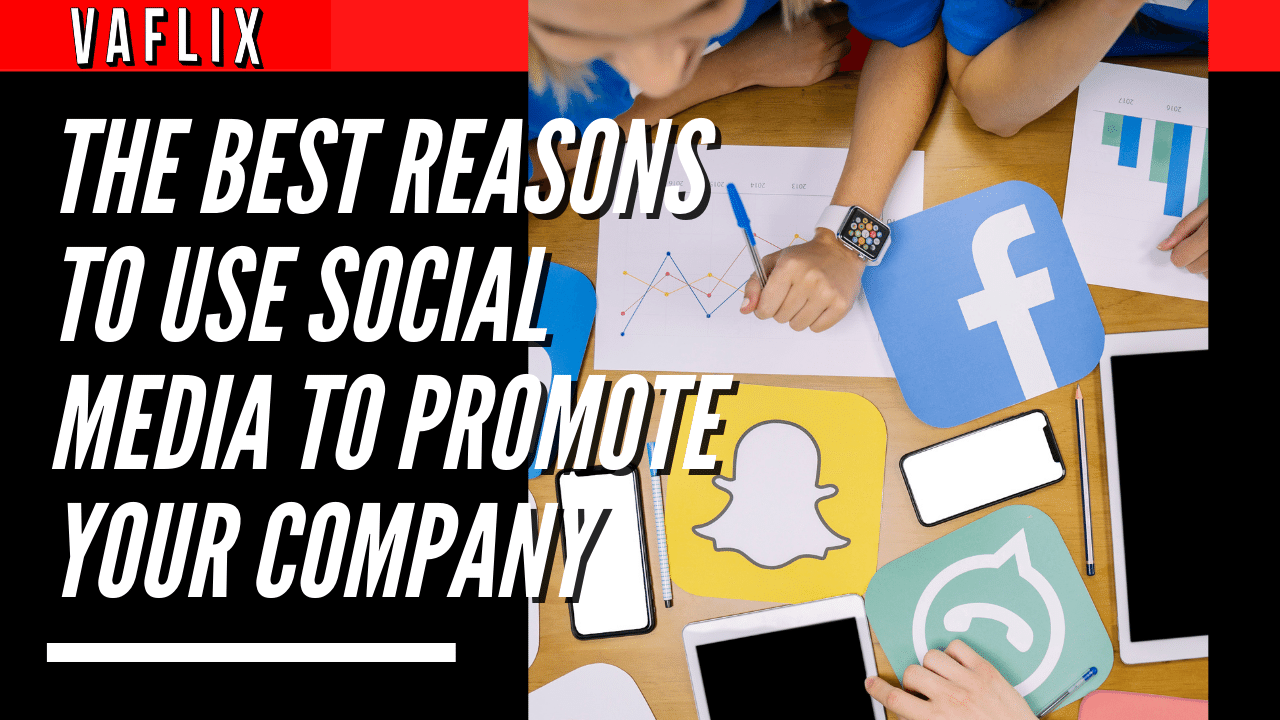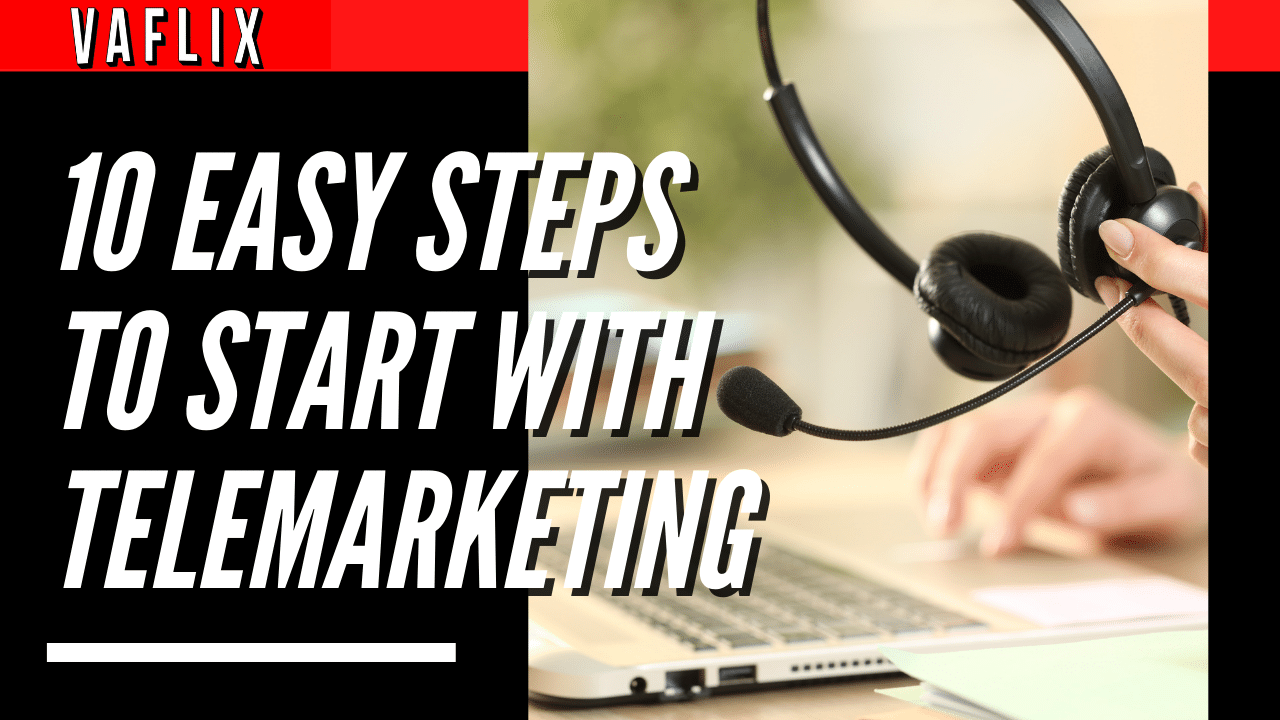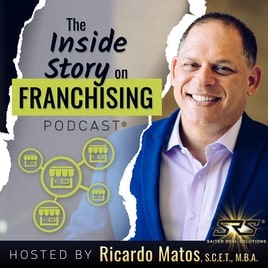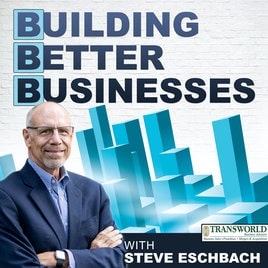How To Handle Cold Call Objections From New Prospects
Thinking of Hiring a Virtual Assistant?
Because of its nature, cold calling is one of the components of telesales that is likely to be misunderstood the most. There is a valid explanation for this. When the ordinary individual makes a cold call, they are likely to encounter several objections from their listeners, particularly if the call is being made to a new contact or link. Many potential customers won’t even give you the time to make your presentation before quickly proposing that they can’t afford it, that they’re too busy, or any other excuse. If you give up there, cold calling will undoubtedly be an area in which you suffer, particularly if you are a novice sales agent trying to get into the industry.
When it comes to the most fundamental level, cold calling is effective when the salesman does not immediately quit up. Nevertheless, responding to arguments raised by cold calls requires a more nuanced approach than just standing your ground. If you exert too much effort, the prospect will lose interest as you continue your efforts. If you push the incorrect buttons, you’ll get the same result. If, on the other hand, you have some responses lined up for anticipated objections, there is a good chance that you will at least keep the conversation going, which is a massive step toward making something of a cold call. If you have some responses lined up for anticipated objections, however, there is a good chance that you will not keep the conversation going.
The following are some of the most typical objections to cold calls, along with some advice on how to overcome them and have a conversation that is deeper and more meaningful.
6 Common cold call objections and strategies to overcome them
- “Now’s not a good time.”
It has been around for a long time. There are occasions when a potential customer may inform you that now is not a good moment as soon as they recognize that you are making a sales call. Whether or not it’s true, they’ve given you a way to continue the discussion by leaving you with an opportunity. Directly ask them if this is not a good time for them or if they are not interested in what it is that you have to offer and see what their response is. The vast majority of the time, they will tell you that it is not a good time, in which case you might inquire about when a more convenient time to talk would be. Make certain times available to them to make things easy for them. If your product or service can really provide value for a qualified lead, they will make the effort afterwards to speak with you over the phone and learn more about it.
- “I’m not interested.”
When you make a cold call, one of the most typical complaints a prospect will have is that they aren’t interested in what you have to say. Again, it is quite probable that you will hear this even before you have had a chance to get into the meat of the topic, so you should be ready to reply in a manner that moves the conversation forward. Is it that they are not interested at all, or does it just not seem like a good time to talk right now? What steps have they taken, if any, to address the problem that you are trying to resolve for them? And what kind of value can you bring to the table that would make them want to talk to you? It is one thing if there is really no interest, but if you can manufacture interest, there is a chance that the call may still be salvaged.
- “I’m working with someone else already.”
Although this is one of the most challenging arguments to overcome when making cold calls, it is not insurmountable. Don’t hang up on them just because they tell you they’re collaborating with another person. Do some digging. Who are they collaborating with, if anyone? How would you describe their previous experiences? What would they want to see from their supplier that hasn’t yet been provided that they don’t already have? Again, the goal is to produce or show value in such a way that a prospect will give serious consideration to the possibility of making a move from their current provider to yours. If your potential customers knew why changing providers would be to their advantage, a significant proportion of them could be willing to consider making the transfer. You may make it a real possibility by being more knowledgeable about problem areas and being able to provide solutions to those areas.
- “I’ve never heard of you.”
Even if a potential customer is unfamiliar with your brand, there is still a chance that you may convince them to purchase your wares and support your business. Once again, our focus is on showcasing the value of what we do. You should have a short pitch ready to use in response to this argument. This pitch should enable you to clarify what it is that your firm does, how highly regarded you are in the market, and, ultimately, what value you can bring that a prospect potentially isn’t presently receiving. This is one of the easier arguments to overcome when making a cold call since, in truth, there are hundreds of companies out there that people haven’t heard of, but once they do, they may alter their tune rather fast.
- “We don’t have the budget right now.”
Concerns about money account for a significant portion of the negative responses to cold calls. When a prospect is aware of what you have to offer, however, there is a better chance that they will be able to locate the necessary funds after all. Investigate the problems they have with their finances and, you guessed it, show them how much value they will get for the money they spend. If you have a properly qualified prospect in front of you, there is a strong probability that they will be able to find the budget they need if you can demonstrate them how your product will either save them money or, even better, make them more money in the long run.
- “Send me some information, and I’ll get back to you if I’m interested.”
It’s possible that giving in to this criticism may seem convincing, but in all likelihood, it won’t get you anywhere. You will send an email, but it will get lost in a recipient’s inbox that is already full of other messages, and they will forget about you, however this is not always because you do not have a valuable offering. If this objection is raised, there is no use in continuing to try to sell the goods. Instead, you should concentrate on selling a meeting to share information. “I would be pleased to provide you some material, but I feel I can show you better value if we can discuss the offering further in depth. I look forward to hearing from you.” Do you think you could spare fifteen minutes to talk to me the following week? You not only give yourself the opportunity to continue selling the product, but you also demonstrate to a client that you care enough about them to take the time to go into greater detail, thereby demonstrating the value your offering has for them without the need for them to figure it out from a one-sheet or whatever else you might send them. This is accomplished by offering to go more in depth.
In a nutshell, illustrate the value of what you have to offer. This is the most effective method for overcoming almost all concerns raised in response to a cold call, and it will at the very least allow you to schedule a meeting to discuss the matter in further depth, which is where you will be able to build additional interest.



















